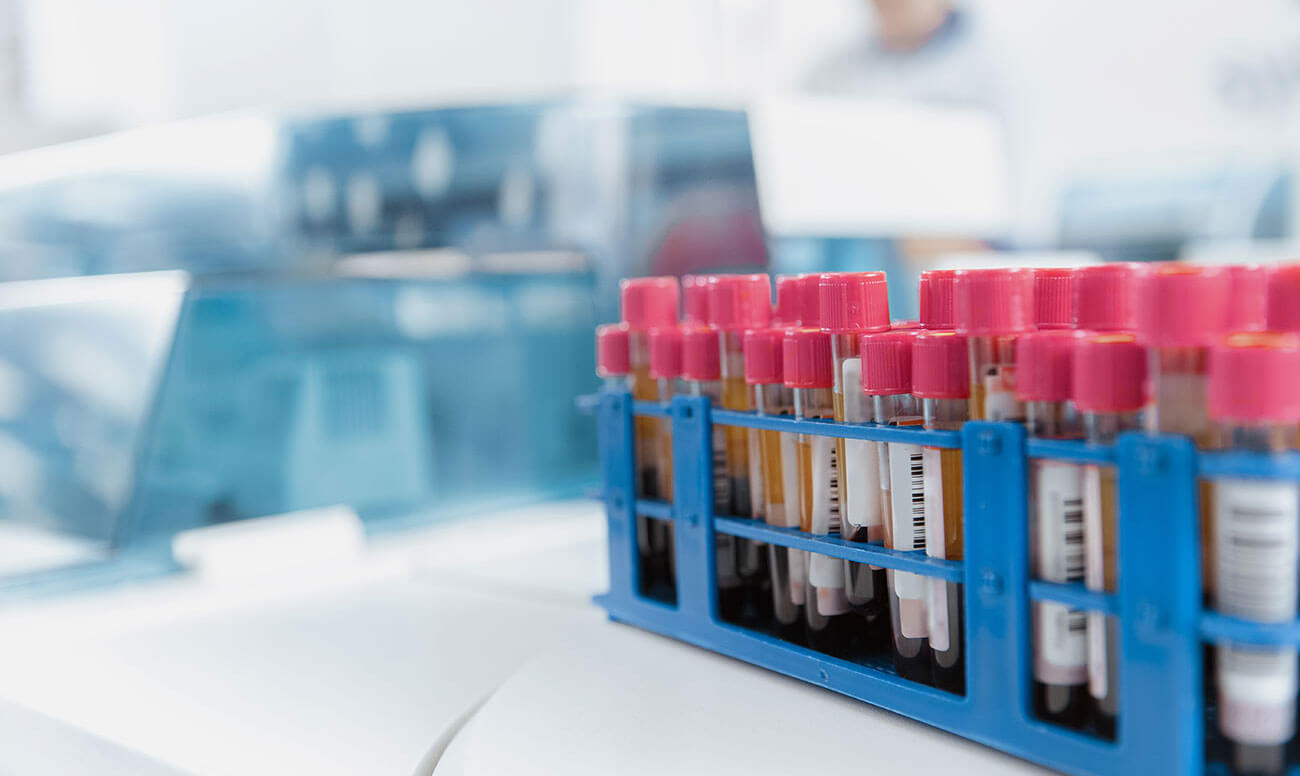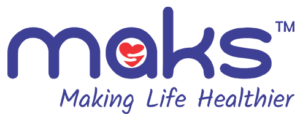
50 Must-Know Medical Terms
Rounding out your existing knowledge with some additional medical terms, abbreviations, and acronyms can help you gain an even better handle on what you hear in the health care world. Use this list to get you started.
BREAKING DOWN COMMON MEDICAL TERMINOLOGY
The world of medical terminology is quite vast, so this list is organized by category to make it a little easier to digest.
MEDICAL TERMS
The charts providers use for making notes are often filled with these terms. You might even know some of them by a different name.
1. Abrasion: A cut or scrape that typically isn’t serious.
2. Abscess: A tender, fluid-filled pocket that forms in a tissue, usually due to infection.
3. Acute: Signifies a condition that begins abruptly and is sometimes severe, but the duration is short.
4. Benign: Not cancerous.
5. Biopsy: A small sample of tissue that’s taken for testing.
6. Chronic: Signifies a recurring, persistent condition like heart disease.
7. Contusion: A bruise.
8. Edema: Swelling caused by fluid accumulation.
9. Epidermis: The outer layer of the skin.
10. Fracture: Broken bone or cartilage.
11. Hypertension: High blood pressure.
12. Inpatient: A patient who requires hospitalization.
13. Intravenous: Indicates medication or fluid that’s delivered by vein.
14. Malignant: Indicates the presence of cancerous cells.
15. Outpatient: A patient who receives care without being admitted to a hospital.
MEDICAL PREFIXES AND SUFFIXES
Medical terminology follows the same structural rules all language does, including use of prefixes and suffixes. You likely know some of these from words outside the realm of medicine.
16. A-, an-: Lack of or without.
17. Dys-: Abnormal, difficult, or painful.
18. -ectomy: Surgical removal of something.
19. -itis: Signifies inflammation.
20. -lysis: Decomposition, destruction, or breaking down.
21. -ology: The study of a particular concentration.
22. -pathy: Disease or disease process.
23. Poly-: Many.
24. -plasty: Surgical repair.
25. Pseudo-: False or deceptive, usually in regards to appearance.
26. Retro-: Behind or backward.
MEDICAL ROOT WORDS
Some medical root words are intuitive simply based on your experiences. If you’re an athletic person, for example, you probably know cardiovascular exercise is any activity that gets your heart rate pumping.
27. Cardi/o: Related to the heart.
28. Derm/a/o, dermal/o: Pertaining to the skin.
29. Encephalon/o: Related to the brain.
30. My/o: Related to muscle.
31. Gastr/o: Related to the stomach.
32. Hemat/o: Pertaining to blood.
33. Oste/o: Related to the bone.
34. Pulmon/o: Refers to the lungs.
35. Stasis: Slowing or stopping the flow of bodily fluid.
MEDICAL ABBREVIATIONS AND ACRONYMS
There are many more medical acronyms and abbreviations than what’s listed below. But unless you’re planning to become a doctor or another type of provider, this condensed lineup should get you up to speed.
36. BMI: Body mass index, a measure of body fat based on height and weight.
37. BP: Blood pressure.
38. CPR: Cardiopulmonary resuscitation, a life-saving technique that’s also called mouth-to-mouth resuscitation.
39. DNR: Do not resuscitate, a medical order indicating providers should not perform CPR.
40. ED/ER: Emergency department or emergency room.
41. EKG: Electrocardiogram, a way of monitoring the heart and testing for problems.
42. HR: Heart rate, expressed as beats per minute.
43. HDL-C: High-density lipoprotein cholesterol, often called “good” cholesterol.
44. LDL-C: Low-density lipoprotein cholesterol, often called “bad” cholesterol.
45. NICU: Neonatal intensive care unit, a specialized unit that cares for premature infants.
46. OR: Operating room where surgeries are performed.
47. Psych: Refers to psychiatry or the psychiatric ward.
48. PT: Physical therapy, a type of treatment to help patients move and feel better.
49. Rx: Prescription, usually for medication but can also signify another treatment.
50. Stat: Immediately.
WHAT IF YOU DON’T SEE SOMETHING YOU’VE HEARD?
This medical terminology cheat sheet covers a lot of ground, but there will likely be times when you hear something unfamiliar. When that happens, don’t be afraid to ask for clarity. Patient education is a huge part of a physician’s job. Doctors aim to foster an environment that generates dialogue.
Having thoughtful conversations with your physician is about more than just gaining knowledge. In fact, engaging with your doctor could result in a healthier life. Some evidence shows the most engaged patients tend to have better outcomes. You’re your own best advocate.


